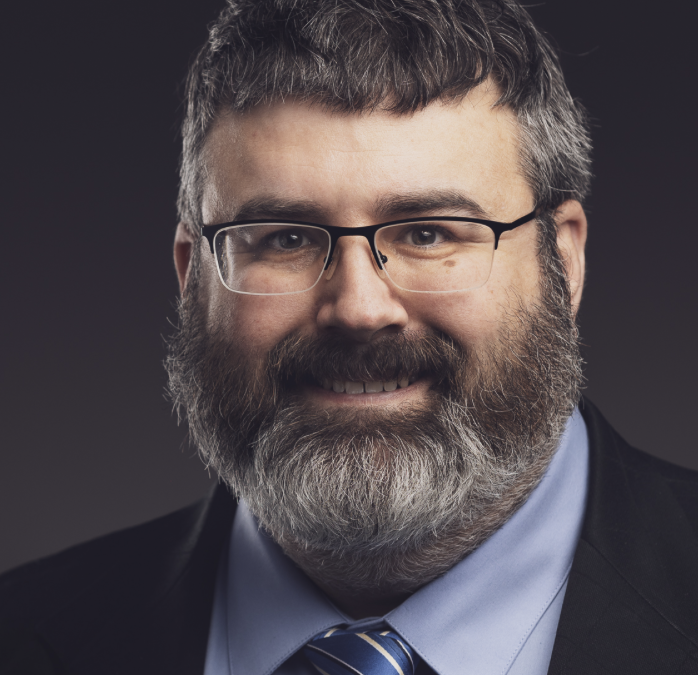Recently, a Facebook post from a local community activist caused a stir, and the brouhaha that the post stirred highlights the fact that getting news from or assuming a social media post is completely factual is a slippery slope.
The post I am referring to came from community activist Pam Tucker who accused Columbia County Commission Chairman Doug Duncan and County Administrator Scott Johnson of showing favoritism to a local interior designer, bypassing the procurement process to give the designer a job decorating the Savannah Rapids Pavillion.
Tucker did not name the designer, but virtually everyone commenting on the post indicated they knew she was referring to Michael Siewert, owner of Signature Mike’s Interiors on Furys Ferry Road.
Many of the commenters lamented “good old boy” politics, claiming corruption is alive and well in Columbia County.
The only problem is that the post was not entirely factual.
While Siewert is personal friends with Johnson, Duncan and their spouses, there is no indication that either of the men had anything to do with the furniture replacement at the Pavillion. Records show that the cost of the sofa, rug, coffee table, accent table and wing chairs totaled far less than the amount that would trigger the bid process.
When Tucker realized her mistake, she immediately took down the post, but only after it had been up long enough to be shared all over Facebook.
For his part, Siewert gladly published the before and after pictures of the project in his weekly column in The Augusta Press, and it does not appear that the errant post caused him any professional damage. If anything, it gave him free advertising.
However, that still left open the door for people to accuse Tucker of edging up to, if not committing, libel.
According to First Amendment attorney David Hudson, Tucker in no way broke the law.
I have known Tucker for a quarter-century, going back to her time as EMA director for both Richmond and Columbia County, and I believe, personally, that she was one of the best unelected public servants ever to serve the CSRA. Today, she continues to post good information on weather patterns and traffic snarls.
If Tucker can be accused of anything, it is sloppy citizen journalism.
In her defense, the animosity between Tucker and the Columbia County leadership is well-known. It is her opinion that the leadership is corrupt and that opinion, whether based in fact or fantasy, is protected under the First Amendment.
If Duncan and Johnson were involved in the decision to use Siewert’s services, it could be construed as nepotism or it could be considered simply a referral. The huge difference is determining if a law was broken in the transaction and in this case, Tucker simply did not go far enough in researching the matter. Rather, she admittedly based her opinion on an assumption, which is protected speech under the law.
Furthermore, according to Hudson, the bar for proving actual malice is high, and because Tucker does not know Siewert personally and did not name him in her post, a court would be highly unlikely to find that Tucker’s animosity towards Duncan and Johnson would automatically mean she had any malice toward Siewert.
There was blowback against Tucker that was, in my opinion, a bit unfair; but I believe the entire kerfuffle is a good lesson for us all.
In 2020, the Pew Research Center found that 18% of Americans reported they got “most or all” of their news from social media. Pew then changed the matrix of the study slightly and found that 71% of Americans get “some” of their news from social media.
Professional journalists have one important thing that citizen journalists lack: an editor.
The role of an editor is three-fold. Editors, of course, check for grammar, but they also look for proper attribution, and they eliminate perceived bias.
There are two editors that look over every sentence published under my byline, and there have been plenty of times entire paragraphs have been removed for lack of attribution or a cheeky choice or words that might be considered by some as being biased.
Even in an opinion column, the opinions have to be based on facts and not conjecture.
People have always communicated over the back fence and chewed the fat at the barber shop, but relying on social media for news, according to Pew, is largely a pathway of accepting misinformation as the truth.
According to the report: “Even as Americans who primarily turn to social media for political news are less aware and knowledgeable about a wide range of events and issues in the news, they are more likely than other Americans to have heard about a number of false or unproven claims.”
Scott Hudson is the Senior Investigative Reporter and Editorial Page Editor for The Augusta Press. Reach him at scott@theaugustapress.com










